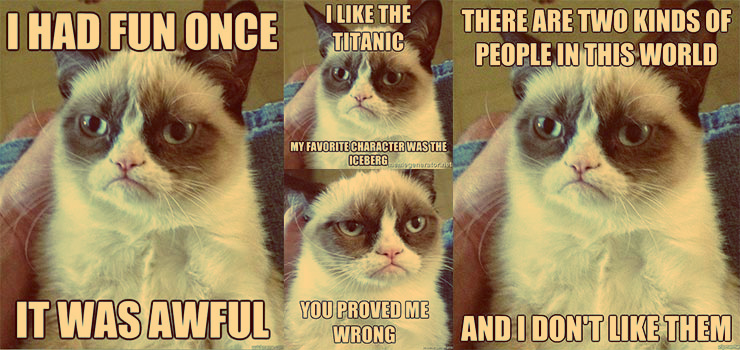Last week, Facebook announced a series of changes that will impact the way Page owners interact with users. New algorithms will restrict the certain kinds of content – basically spammy posts – from appearing in users’ News Feeds.
Here’s an overview of three types of content likely to be affected by these new algorithms.
Like-Baiting
When a Page owner’s post explicitly asks a reader to Like, Share or Comment, Facebook sees this as ‘Like-baiting’. Previously, posts that require an action, e.g. Like, Share, Comment, appear higher on a user’s News Feed. This allows posts from Pages to get a very wide distribution at no cost to the Page owner. But, says Facebook, the new changes are not about forcing Page owners into paid Facebook Ads. Instead the changes are meant to improve the integrity of the content users see. Like-Baiting posts, according to Facebook ‘lead to a less enjoyable experience of Facebook since they drown out content from friends and Pages that people really care about.’
What can you do?
Many Page owners on Facebook rely on posts being Liked or Shared and their as a way of promoting their business for free. Moving forward, business owners will need to be more creative with their content in order for it to be deemed relevant for redistribution in a News Feed. Posts that ask for Likes, Shares and Comments will be red flagged.
Frequently Circulated Content
Sharing is fundamental to the interconnectedness we love about social media. But Facebook is concerned about the quality of highly circulated posts and is scrutinising such content more closely. Facebook has examined the types of posts that people elect to Hide or Complain about and ‘early testing shows that this change causes people to hide 10% fewer stories from Pages overall,’ says Facebook.
What can you do?
If you are a Page owner who is posting content that is not exclusive to you, Facebook advises that you create new content in order to make it original. You can still promote the same event, etc, but it won’t be viewed as recirculating the same content doing the rounds. And in all honesty, customising your message to your own audience is a much more effective means of communicating that simply clicking Share on a tired old meme or photo (no matter how funny you think it is).
Spammy Links
If you’re using deceptively worded links to trick people into clicking through to an irrelevant website, then shame on you! Facebook is on to you and from now on, posts that link to such sites, e.g. a story that claims to link to a photo album but instead take the viewer to a website with just ads, will be strictly monitored.
What can you do?
Page owners should ensure that any links they use in a post go to a reputable landing page that is relevant to the content of their original post. If you are posting promoting a photo gallery, the destination page must be a photo gallery, not a page of ads… If not, your posts are not going to hit News Feeds.
What does this mean for my business?
Most Page owners are genuine businesses who are generally posting content that sits within the Facebook guidelines and that won’t be greatly affected by these new algorithms. If you would like to find out more about developing a creative strategy to reach a wider audience on Facebook, get in touch.

